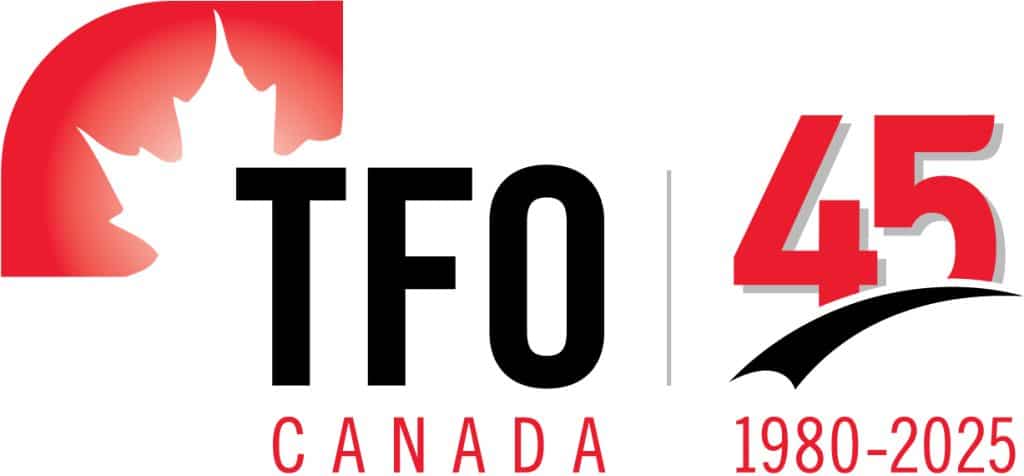Always interested in organic farming and spotting a niche to promote products from the biodiversity of the Amazon, Carolina Sanchez started Shanantina, based in Peru, back in 2007 to work with producers of sacha inchi. “I had heard about the properties of sacha inchi and decided to learn more and work with it,” she explains. This plant produces fruits with large, edible seeds that are usually roasted or pressed to obtain a liquid part, which is the oil rich in omega 3 and 6, and a solid part, which is extruded to obtain a protein-rich flour. Shanantina uses it to make snacks in various flavours, supplemented with ingredients like salt from the Amazon mine and organic sugar. It has also branched out into processing turmeric, cocoa, and yuca.
Employing 15, nine of whom are women, in its factory and working with producers, 60% of whom are women, Shanantina was founded on the principle of being a sustainable business. This means integrating environmentally-friendly practices with a strong commitment to supporting local communities. “We prioritize preserving the Amazonian biodiversity while ensuring fair trade and economic empowerment for our producers, many of whom are from rural and indigenous communities,” says Carolina. “Sustainability is not just a practice but a core value that guides our production, from sourcing raw materials to delivering high-quality products.”
Empowering female producers is integral to Shanantina’s mission to support the vital role that the women play in preserving ancestral knowledge and promoting sustainable practices within their communities. Shanantina incorporates ancestral practices into its processes, particularly in the cultivation and harvesting of ingredients like sacha inchi and cacao. Traditional methods are used for soil enrichment, seed selection, and crop rotation, which respect the environment and enhance the nutritional quality products. These practices are combined with modern techniques to maintain quality and safety standards.
Implementing gender and sustainability practices
Shanantina actively promotes gender equality by empowering women in its supply chain and offering fair wages, training opportunities, and leadership roles. In terms of sustainability, it emphasizes eco-friendly production methods, reducing waste, and supporting biodiversity conservation projects in the Amazon region.
The company is the recipient of many awards for the quality of its products, for its innovative management and for its sustainability. It has invested in a number of organic and fair trade certifications that resonate with its values and are important to its international clients. Although costly, the investments have boosted the business’ credibility and allowed it to access premium markets, first exporting to Europe beginning in 2014, then Japan and Taiwan, and now to the U.S. and Canada. A contract with a US client, valued at $44,000, was signed after participating in SIAL in 2022. Diversifying its client base this way has reduced Shanantina’s dependency on a single market, ensuring steady growth and resilience.
Carolina credits TFO Canada’s Women in Trade (WIT) project for enhancing Shanantina’s visibility and readiness for global markets. “It provided us with training, networking opportunities and tools to better understand the requirements of the Canadian market,” she notes. This support was instrumental in participating in trade shows like SIAL CANADA, which allowed Carolina to meet potential clients from different parts of the world, and Retail Week which has resulted in negotiations with a Canadian company and one from Japan. “We see Canada as a promising market and are actively exploring opportunities to establish a presence there,” she adds. “As a new snack product for the market, its properties need to be publicized and a major promotion campaign carried out.”
Based on her experience exporting beyond Peru’s borders, Carolina has valuable advice for other women business owners who want to go global: “Understand the importance of certifications and compliance, as they open doors to international markets. Build strong networks, leverage trade programs like WIT, and never stop learning about market trends and customer needs. Most importantly, stay true to your values and let them guide your business decisions.”
